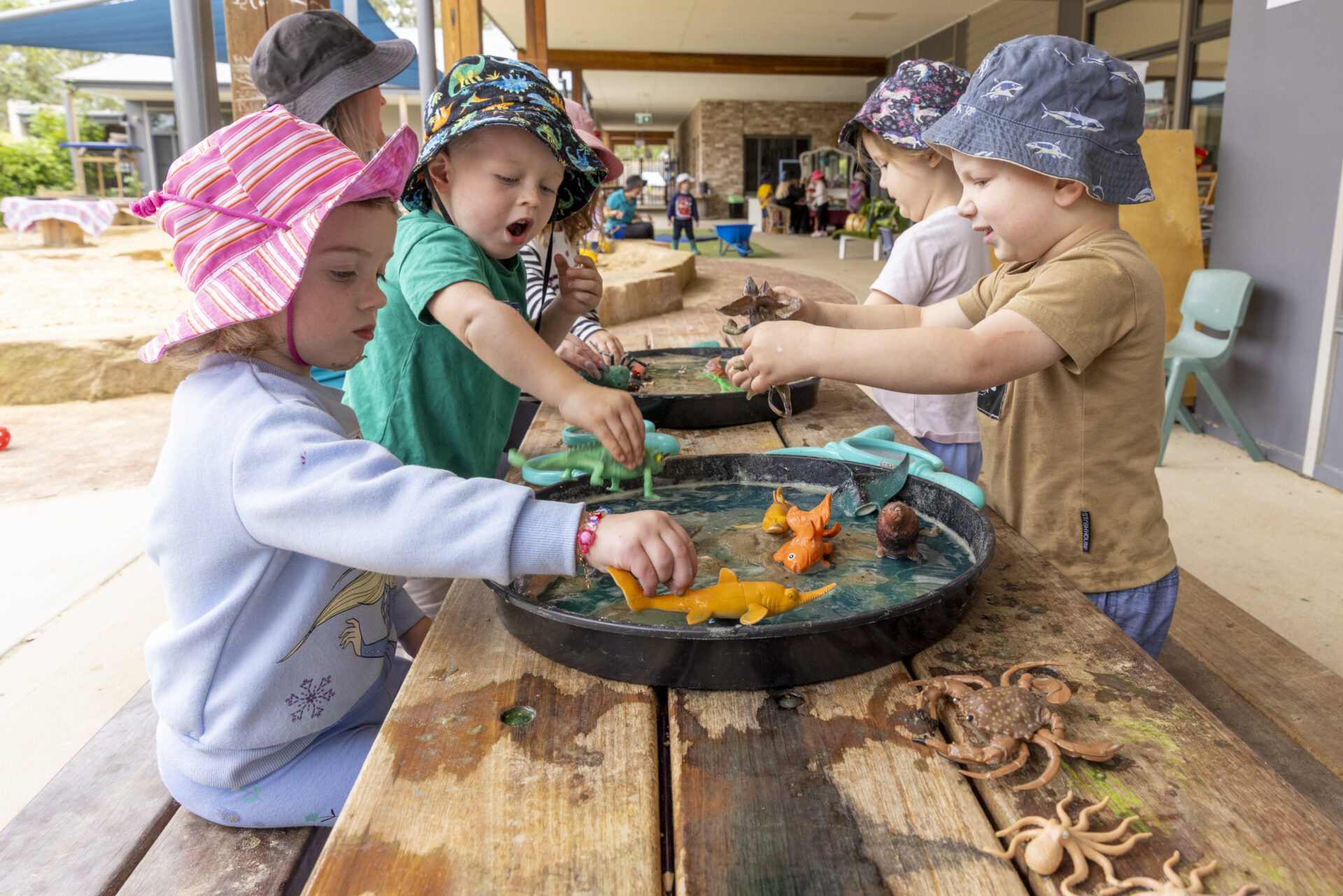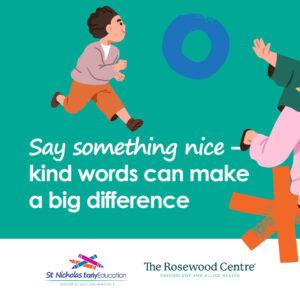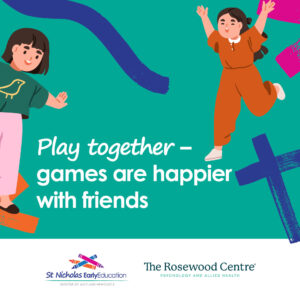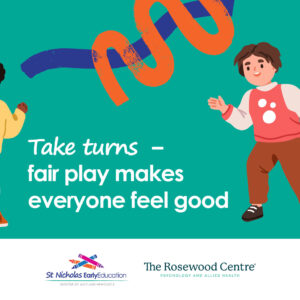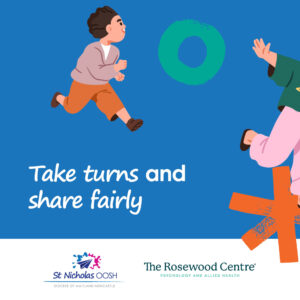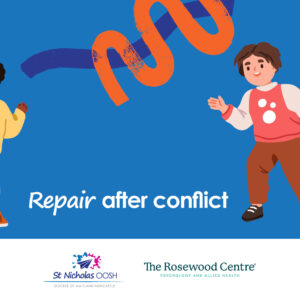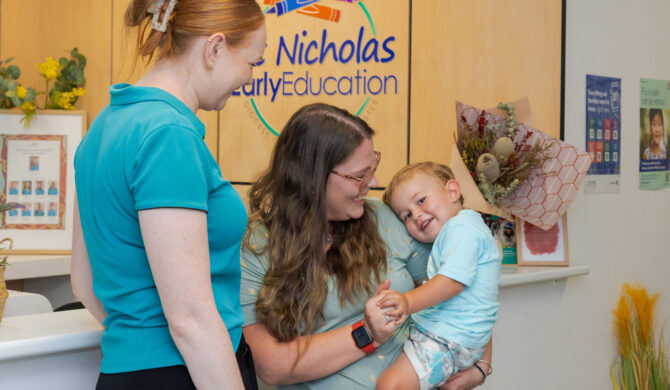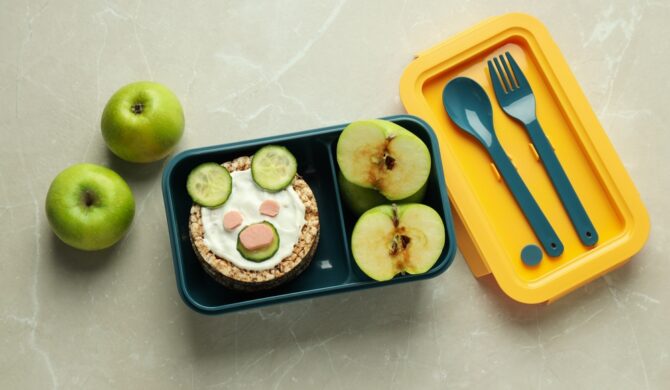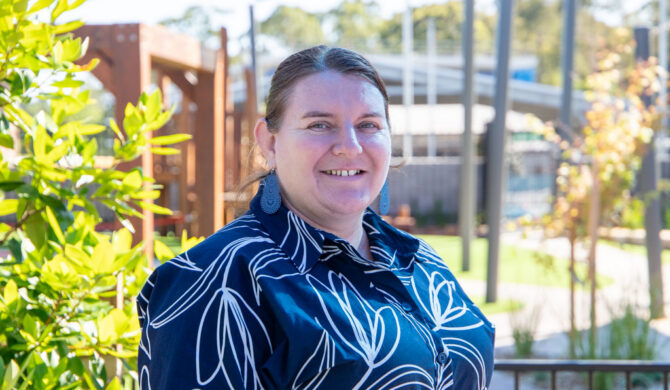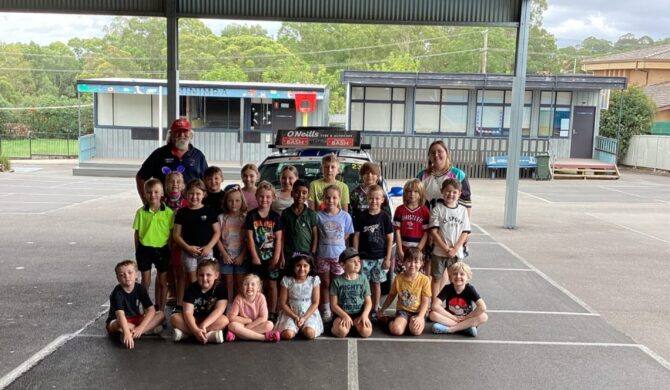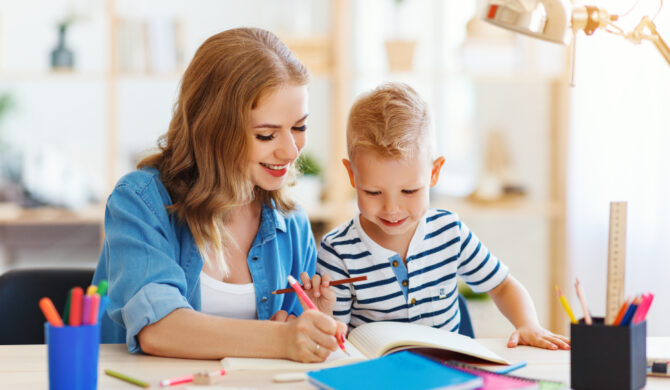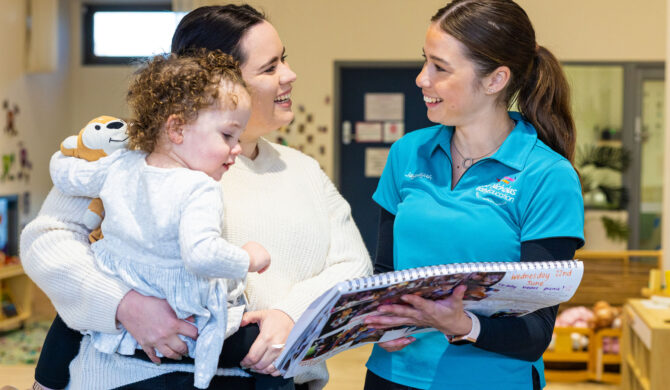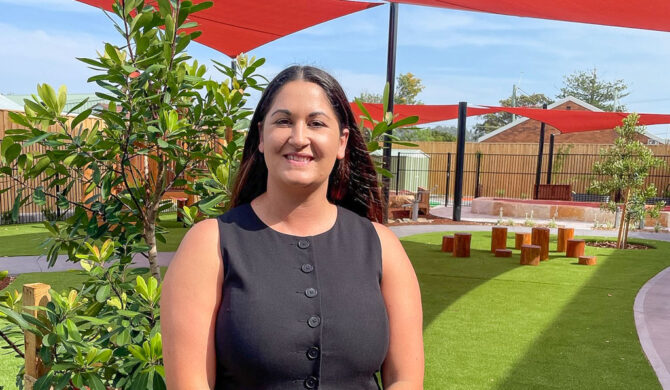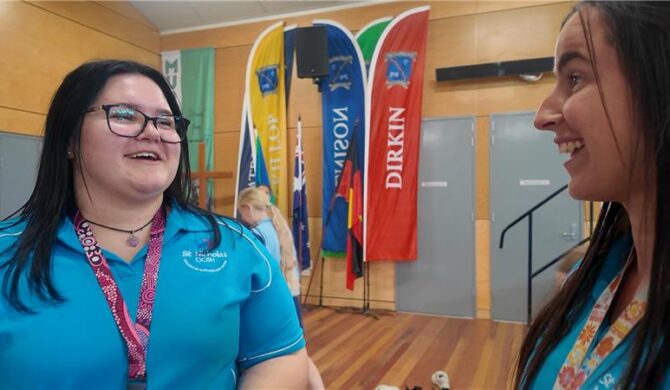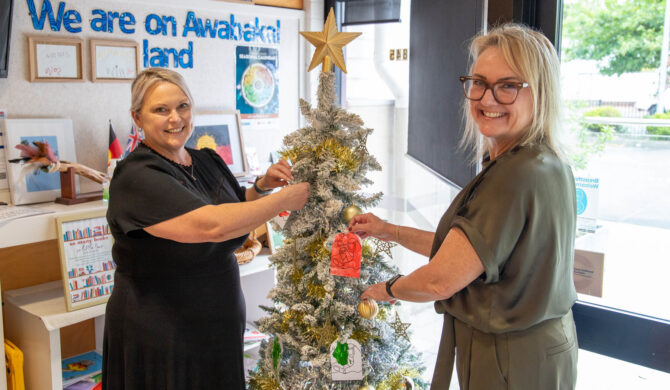Happiness can be displayed in many ways beyond a smile. From laughter and play to quiet moments of connection, children express their emotions in countless ways. In light of Mental Health Month and World Mental Health Day, The Rosewood Centre is sharing thoughtful guidance to support educators, parents/carers and children in building deep, lasting friendships – an essential pillar of emotional wellbeing.
These significant awareness-raising events serve as gentle reminders of the importance of prioritising mental health at every age. They encourage open conversations, reduce stigma, and highlight the need to create spaces where children feel seen, supported, and emotionally secure.
Here are five ways that children can share a smile and foster happy moments:
- Share and invite others to play
See if your friend would like to join in the fun by offering a resource or suggesting an activity. Children may show their appreciation through a smile, staying close or simply saying “thank you”. - Say something kind
Compliments like “I love your drawing” or “Would you like to play together?” can brighten someone’s day. Even if your friend doesn’t respond with words or a smile, they’ll feel valued and happy inside. - Extend a play invitation
Asking a friend to join you in play is a way to include those around you. Their response might be laughter, a grin or simply diving into the activity with you. - Offer help when your friend needs
Whether it’s picking up a dropped crayon, holding the door or comforting your friend when they are feeling sad, small acts of care go a long way. Some children may smile in return, while others show gratitude by relaxing, rejoining play or staying close by. - Be gentle and fair
Take turns, listen and use kind words. These actions help create a safe and joyful space. This is often reflected in calm voices, happy faces and friends choosing to play together.
Here’s a tailored version for parents and carers to work through with their children:
For children aged 0-5
For children aged 5-12
More support is available
Parents and carers are encouraged to speak with their child’s educator for further support and advice.
The Rosewood Centre is also available with a dedicated team of experienced psychologists and clinicians who are passionate about helping people to live well and work towards their goals. Learn more about The Rosewood Centre here.


